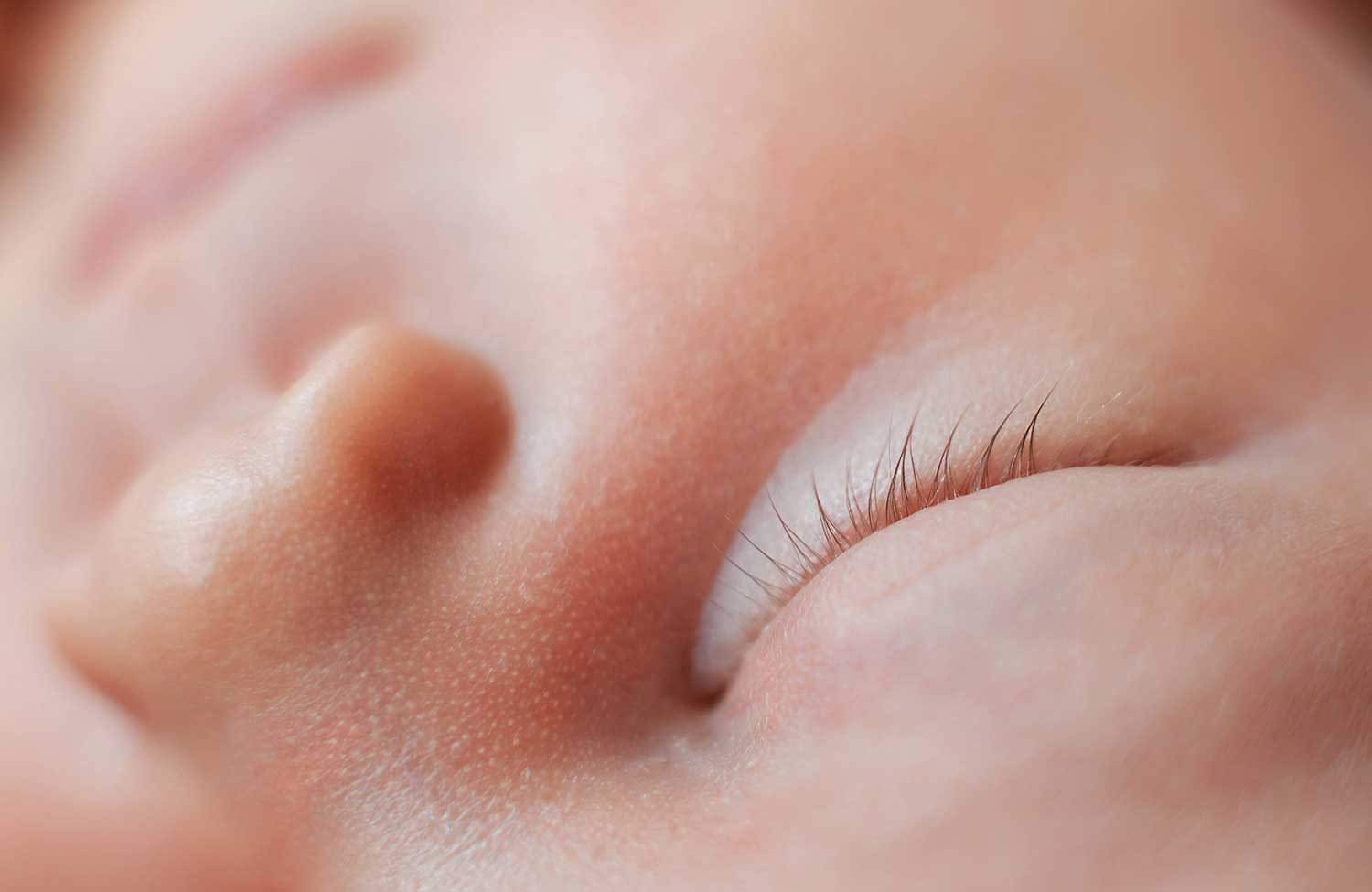


CHILDREN’S HEALTH
BY Benjamin Makeham May 24, 2022
Bifidobacteria and the healthy infant gut microbiome
The first two years of a child’s life are crucial for the establishment of a healthy gut microbiome, both promoting healthy digestion and helping to develop a good immune system.
Bifidobacteria are a particular group of bacteria that are found to be enriched in the gut microbiome of healthy infants, and their abundance signals that the gut microbiome is in a healthy condition. A high level of bifidobacteria is known to help support timely and appropriate development of the immune system, helping to prevent allergies and increase infection resistance. It is also associated with many other benefits, such as reducing the risk of particular chronic diseases (including obesity and asthma) and promoting healthy brain development.

Bifidobacteria are found in particularly higher levels in vaginally-delivered and breast-fed infants.
Vaginal-delivery helps to support the transmission of bifidobacteria from mother to child as the baby will interact with the mother’s vaginal, skin and faecal microbiota during delivery. Therefore, the gut microbiome of the baby is significantly influenced by the health of the mother’s microbiota.
Breastfeeding provides particular types of prebiotics found in human breast milk (called oligosaccharides) that are known to selectively feed this group of bacteria. These prebiotics help the bifidobacteria to proliferate and establish a healthy community within the infant gut. Human breast milk also contains bifidobacteria as well, which further helps to increase the presence of this crucial bacteria in the child’s gut. The numerous beneficial effects of breastmilk are, in part, believed to be because of its ability to support the presence of bifidobacteria (known as a ‘bifidogenic’ effect).
Formula-feeding can reduce the number of bifidobacteria in the infant gut, with some formula-fed infants having no detectable levels of bifidobacteria. This is significantly different when compared to breast-fed newborns, who can have as much as 90% of their total bacteria made up by bifidobacteria. Cesarean sections, which reduce contact between a mother’s microbiome and the baby, and the use of antibiotics can also contribute to reduced levels of bifidobacteria in infants.
When caesarean section is necessary, or breastfeeding is not possible, finding alternative ways to support the presence and/or growth of bifidobacteria in the infant can help to impart some of the benefits of this key group of bacteria. Indeed, employing similar strategies to support the community of bifidobacteria in the infant gut following the use of antibiotics is also another potential way to protect the infantile gut microbiome and promote future wellbeing.
Scientists have been able to isolate a number of different species of Bifidobacteria from the guts of healthy infants to develop probiotic supplements that can support infant health. Following this, particular strains from the Bifidobacteria breve species, such as Bifidobacterium breve BR03 and Bifidobacterium breve B632, have been the subject of much research.
The combination of these two strains has been shown to help improve symptoms of digestive upset in bottle-fed babies, and improve overall digestion, stool consistency and frequency of bowel movements. Although medical science has been unable to pinpoint the exact cause of colic, emerging research is suggesting that the microbiome may play a role and probiotic supplements containing these two strains of bifidobacteria have been found to help reduce symptoms of colic and reduce crying time by 57% in the third month of treatment in bottle-fed infants.
Lactobacilli are another dominant group of bacteria in the infant gut microbiota, with the ability to feed off breast milk prebiotics and impart similar benefits as bifidobacteria. One particular strain, Lactobacillus rhamnosus GG, has been found to promote the establishment of a healthy gut microbiome in infants by expanding the population of other beneficial groups of bacteria, thereby supporting overall digestive and immune health,,.
Various oligosaccharide prebiotic supplements have been developed to help improve the gut microbiota composition of infants, particularly for those who are formula-fed as the human milk oligosaccharides that feed bifidobacteria are naturally absent from cow’s milk and cow’s milk-based formula. For example, formula supplemented with fructo-oligosaccharide (FOS) prebiotic fibre has been found to increase numbers of bifidobacteria and lactobacilli, over formula without these prebiotics.
Biome Baby™ is Activated Probiotics’ latest targeted precision probiotic, scientifically formulated with clinically-trialled probiotic strains and prebiotics known to support digestive and immune health in infants. Combining three well-researched probiotic strains, Bifidobacterium breve BR03, Bifidobacterium breve B632 and Lactobacillus rhamnosus GG, and prebiotic fructooligosaccharides, Biome Baby Probiotic can help to improve the symptoms of digestive upset, including symptoms of colic, support healthy digestion and immunity, and promote the establishment of a healthy gut microbiome.
